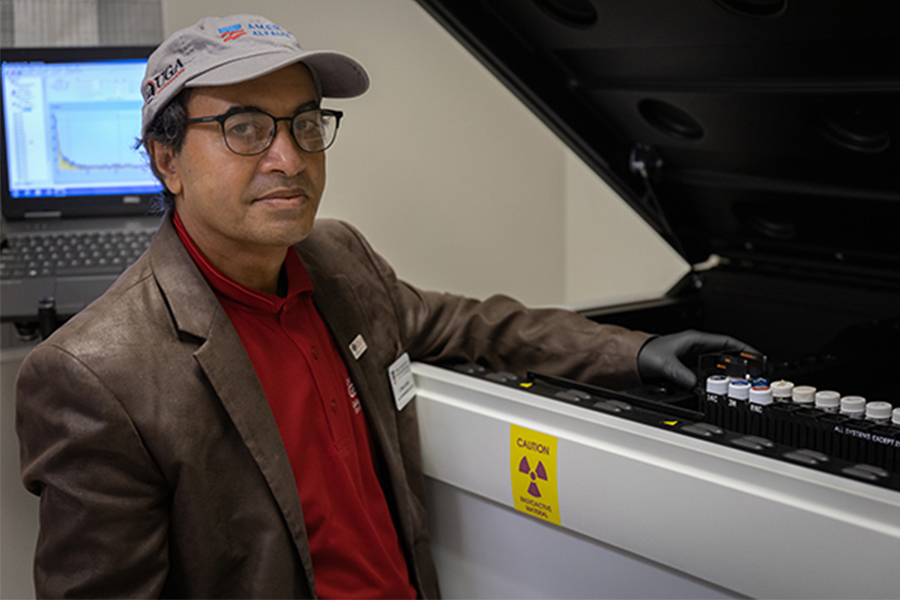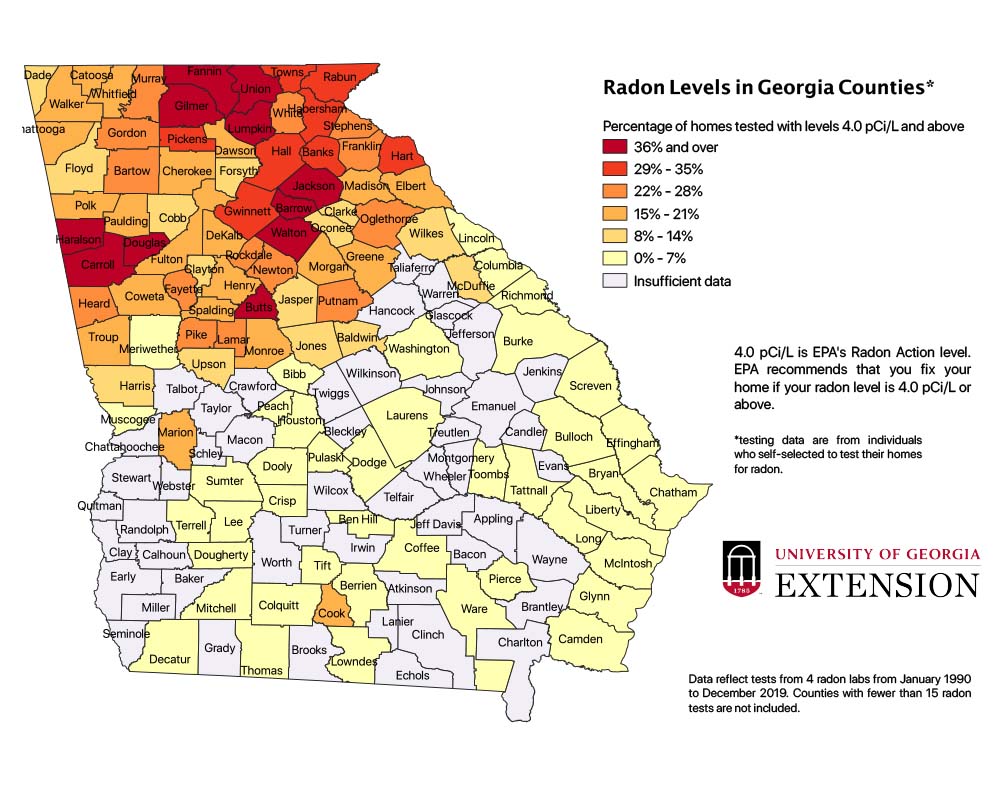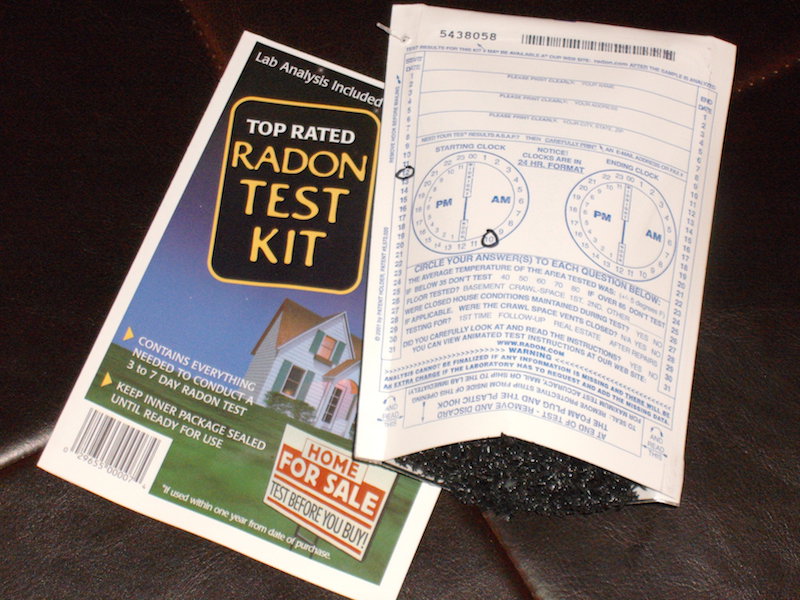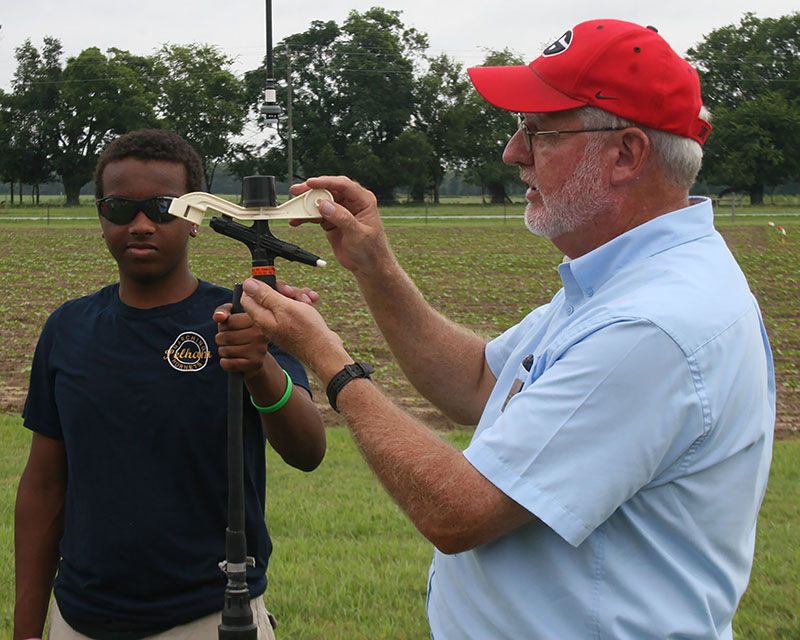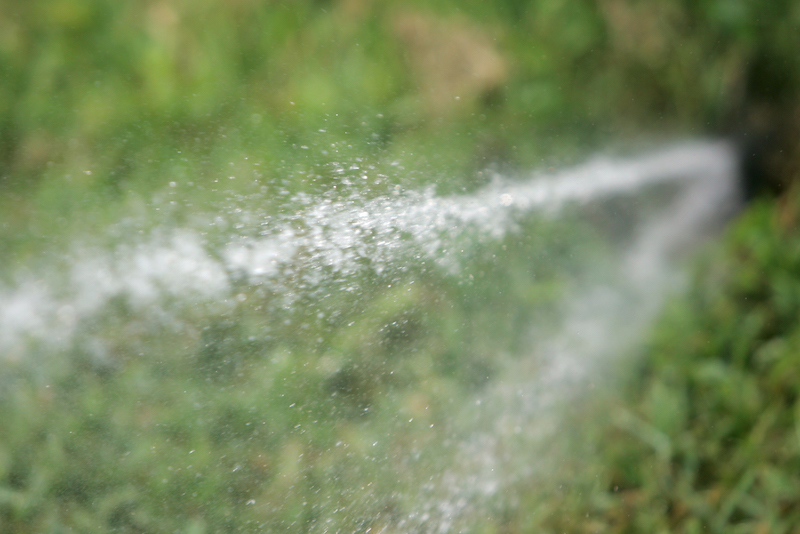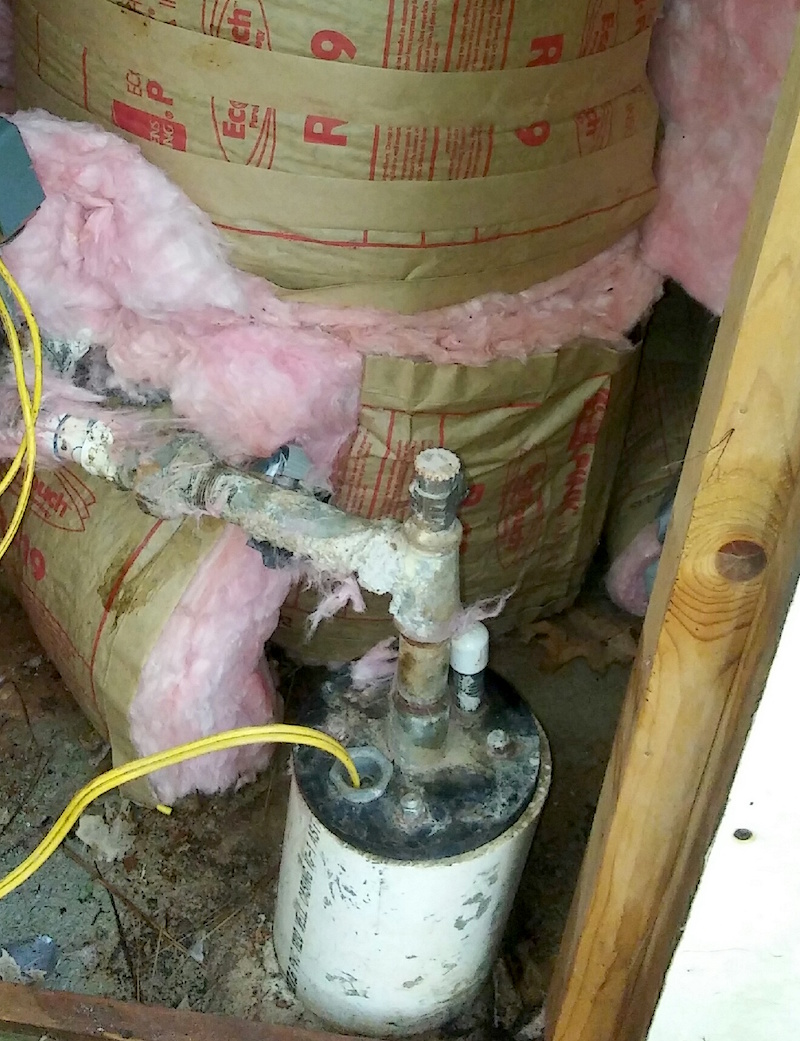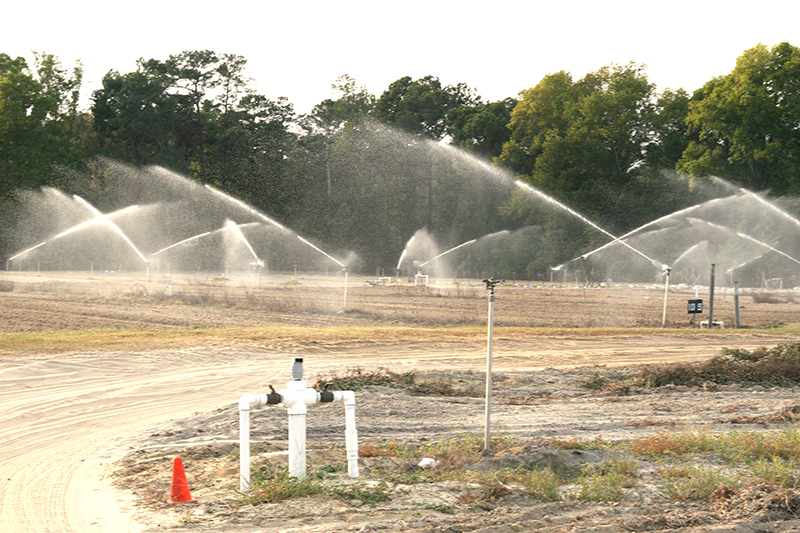.png) CAES News
CAES News
Indoor Radon Exposure
Uttam Saha, member of the University of Georgia Radon Team and program coordinator of the UGA Agricultural and Environmental Services Laboratories, said that while indoor air has traditionally been the focus of radon testing, another, lesser-understood route of exposure to radon is through household water — primarily when it is supplied by a private well.

.png)
